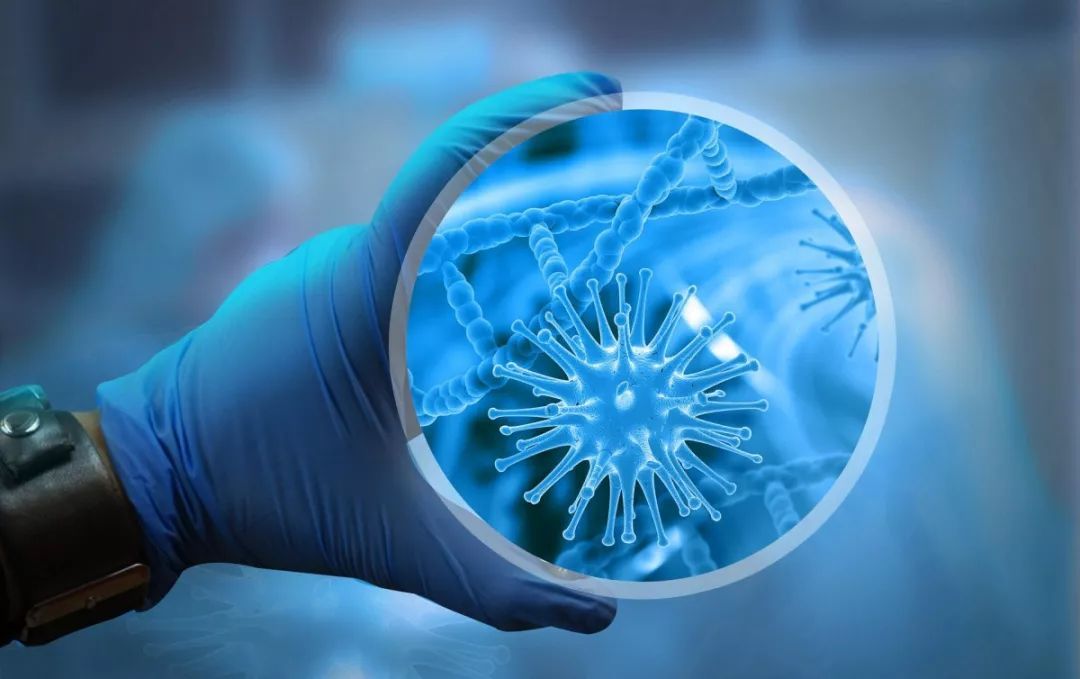您当前的位置: 新闻中心
搜索
- 2025-01-06The safety review is an essential part of the NMPA certification process for medical devices in China. It ensures that devices meet stringent safety standards before being approved for sale. Manufacturers must provide comprehensive documentation, undergo rigorous testing, and implement systems to monitor the device’s safety post-market. Adhering to these safety requirements not only helps secure NMPA approval but also protects public health by ensuring the safe use of medical devices.
- This process can be complex and may require significant documentation and evidence, especially for higher-risk devices. If you have any questions about specific aspects of the process or need clarification, feel free to ask!
- These audits help ensure that the manufacturing practices align with the submitted documentation and standards, such as ISO 13485. The NMPA may conduct these audits when evaluating higher-risk medical devices or if there are concerns about the manufacturer’s compliance or product quality.
- If you need more specific information about the evaluation process, including the latest regulations or standards, feel free to ask!
- The NMPA license approval process for medical device registration in China is a multi-step procedure designed to ensure safety and efficacy. Understanding each stage and maintaining thorough documentation is crucial for a successful application. Engaging local regulatory experts can also ease the navigation through this complex process. If you have more specific questions or need further details on any part of the process, feel free to ask!
- Class I Devices:** $15,000 to $30,000.- **Class II Devices:** $50,000 to $200,000.- **Class III Devices:** $100,000 to over $1 million.
- 2024-12-31**Cultural and Regulatory Differences:** Navigating the nuances of Chinese regulations and market practices can be challenging for foreign manufacturers. Knowledge of local regulations and cultural context is essential.- **Language Barriers:** Technical support often requires bilingual capabilities—both in Chinese and in the language of the manufacturer to ensure clear communication.- **Localization Needs:** Adaptation of products and their instructions for local standards, including language and clinical practices.
- To ensure continued market access in China, manufacturers must stay proactive about these periodic updates, maintain compliance with regulatory requirements, and respond promptly to NMPA’s requests.
.png)









